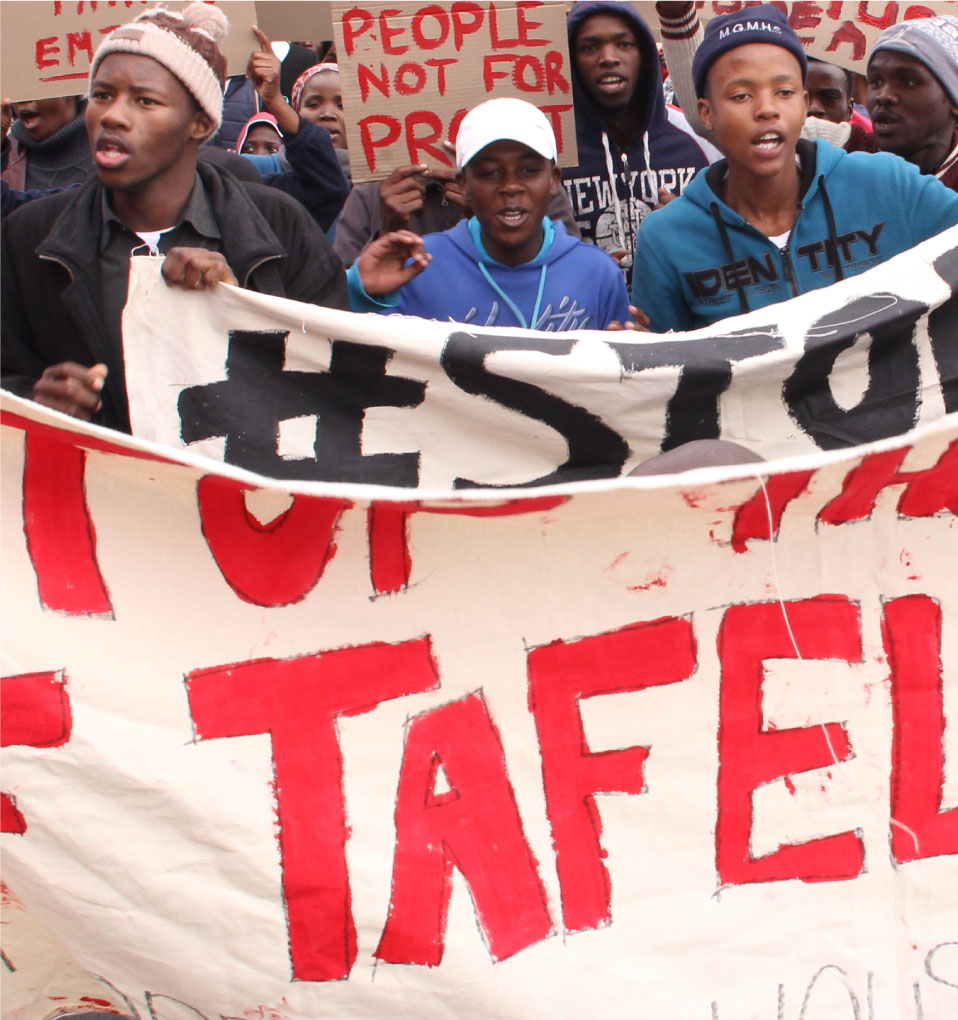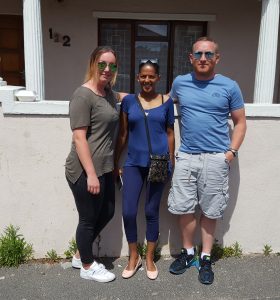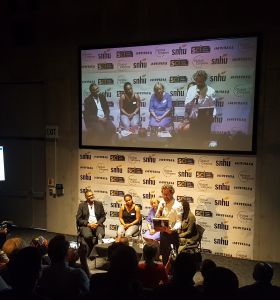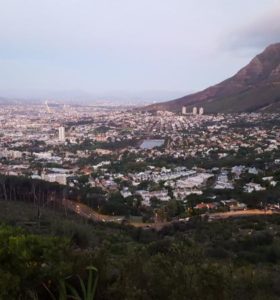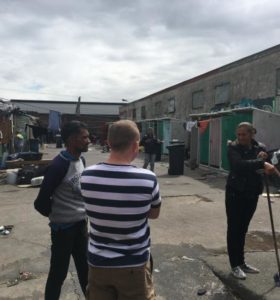Five decades ago on 11 September 1966, the South African National Party declared District Six in Capetown a “whites only” area under the group areas act – an Apartheid Law. Over the next two decades, 70 000 people were forcibly and violently removed from District Six to makeshift ghettos, like Mitchells Plain, Manenberg and Hanover Park, designed and built by the Apartheid régime. In Cape Town there were forty-two areas where this policy of forced removal based on race was implemented.
During Apartheid, non whites were excluded from housing opportunities near the city and confined to ‘townships’ and hostels on the urban periphery.
Today, the unchallenged legacy of the colonial/Apartheid era has normalised racialised urban planning and led to an increase in spatial segregation under the post-apartheid governments in Cape Town.
Modern Spatial Injustice
"It's not about Black & White thing! It's about what you have if you have a six figure bank balance you are…"Today we see our history repeating itself, today's spatial injustice is highly influenced by capitalism and gentrification.
Gepostet von Reclaim the City am Dienstag, 8. Mai 2018
Since 1994, the profit value of well-located land and property has increased exponentially in Cape Town. Despite progressive legislation and policy requiring redress and inclusion, governments (national, provincial and local) have followed a de facto policy of asset stripping to build public or social housing on the extreme periphery of the city as opposed to the urban heart and city centre.
This spatial segregation, exclusion and discrimination is a direct result of government policy and an unregulated market with roots in the racist policies of Apartheid. The lack of any government interventions to remedy spatial segregation means that Cape Town remains one of the most segregated cities in the world based on race. Since the formal end of Apartheid Capetown has grown into a city of Billionaires where Coloured and Black South Africans live on the extremes in the townships of Langa, Nyanga, Guguletu, Khayelitsha, Hanover Park and Mitchells Plain. Here millions of people risk disease and death with limited access to the opportunities, good public services and safety which resident of Capetown enjoy
Addressing Cape Town’s spatial inequality can be achieved by protecting and expanding access to well-located affordable housing through public and private developments. This will require that the City and Province meet their obligations to stop selling public land and build or subsidise affordable well located housing within the centre of Cape Town. This is what Ndifuna Ukwazi are campaigning for on a daily basis with homeless families.
The Tafelberg site is perfect for affordable housing! Everything you need to know in one click. #StopTheSale
Gepostet von Reclaim the City am Donnerstag, 26. Mai 2016



